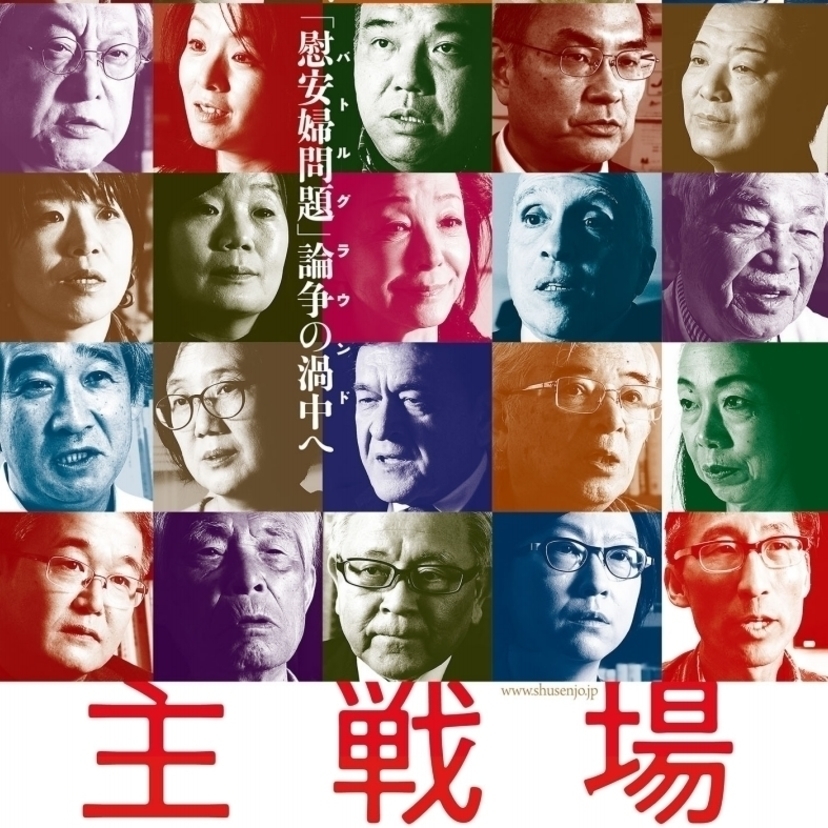"On the Korean peninsula, Japanese soldiers forcibly dragged young Korean women out of their homes and made them sex slaves and, in the name of the Women's Volunteer Corps, the Japanese military gathered Korean women and made them comfort women. There were as many as 200,000 victims."
For a while, Japanese people (and even the American Kent Gilbert) believed the story because they couldn't imagine at the time that The Asahi Shimbun, one of the biggest newspaper in Japan, would publish a completely fabricated story.
Later, the entire story was proven to be an absurd fiction, which angered Japanese people. When The Asahi Shimbun found it impossible to ignore critical public opinion, the newspaper admitted the falsehoods, retracted the story and its president resigned. The paper was not pressured by the government, as Dezaki wrongly claimed in the film.
But the fabricated story had already spread to many countries. Comfort woman statues were erected here and there with the fake story carved onto the monuments. When some people pointed out the dearth of witnesses, another falsehood was spread, alleging the witnesses were all killed by the Japanese military in order to destroy evidence. Obviously, some groups wanted to make a political football out of the issue.
At first, Japanese people were sympathetic to the former comfort women. But as the truth was revealed, many became fed up with the falsehoods being proliferated.
As the movie, The Main Battleground of The Comfort Women Issue showed, advocates of the -sex-slave theory, including Yoshimi, clearly knew such exaggerated stories and accusations by anti-Japan activists were untrue. But, in spite of that, they never acknowledged the truth.
Instead, they persisted in backing up anti-Japan activists and condemning Japan with arguments such as, "it could be technically interpreted that the women were coercively recruited and technically they were sex slaves". Their aim seemed to be to keep the comfort women issue unsettled forever.
Perpetuating a One-Sided Perspective
The comfort women issue will never be settled if the South Korean government, anti-Japanese activists and advocates of the sex-slave argument such as Dezaki persist in the simplistic one-sided view that Japan is the perpetrator and South Korea the victim.



